Hollywood says this film is in the ‘dead zone’, Soderbergh doesn’t care
The Oscar winner made his name with films like Erin Brockovich and the Ocean’s trilogy – but now he’s gambling with a new spy drama.
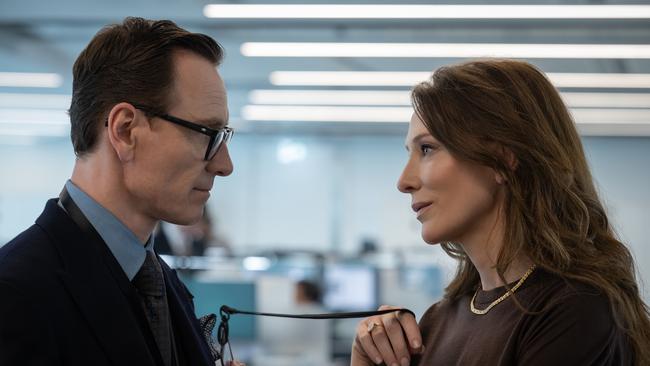
It’s a wet morning in west London, and Steven Soderbergh is anxious. The prolific 62-year-old filmmaker behind Erin Brockovich, the Ocean’s trilogy and the Magic Mike franchise has a new movie out — a twisty spy drama called Black Bag, starring Cate Blanchett and Michael Fassbender. The film has drone attacks, truth serum and the terrifying threat of mass murder. There’s just one snag. The target audience is, whisper it, grown-ups.
“This is the kind of film that Hollywood is viewing, currently, as being in the dead zone,” Soderbergh says on a break from shooting his latest film in London – The Christophers, with Michaela Coel and Ian McKellen. (Did I mention he was prolific?)
“Black Bag is a mid-level-budgeted movie for grown-ups,” he says – mid-level budget meaning $60m here. “This is the kind of movie that I’ve made my career on, but has kind of gone away. The consensus is that people won’t show up.”

He’s got a point. The competitors for Black Bag are adolescent Netflix efforts such as Back in Action and The Union, or wildly expensive but family-friendly brands like Bond and the Mission: Impossible franchises. It’s been more than a decade since Gary Oldman’s Tinker Tailor Soldier Spy.
It’s not just spy movies, either. The annual awards season throws up a list of titles that are mostly low-budget efforts (The Brutalist cost $10m, Anora $6m) that will be seen by an art house minority. Soderbergh, conversely, aims to make lush studio-funded films with “mass appeal”. Specifically, movies for grown-ups.
Grown-ups how, exactly? Fassbender and Blanchett play George and Kathryn Woodhouse, debonair London-based intelligence agents and a long-term married couple, whose relationship is pivotal to the film. When Kathryn is accused of covertly flogging secrets, the Woodhouse marriage is severely stress-tested. The one-liner that will send middle-aged audiences leaping to their feet is Kathryn’s furious cry: “Don’t ever f..k with my marriage again!” This is a film, in short, about the subterranean depths of long-term relationships.
“When we started to think about who we should target in our marketing campaigns we realised that, of course, if you’re 25 then you haven’t been married for 15 or 20 years,” Soderbergh says. “I’ve been married for 22 years this year (to the screenwriter Jules Asner) and so I just hadn’t thought of that as an issue before.”
The film began as a creative challenge to his friend, the screenwriter David Koepp (Jurassic Park), to reimagine Edward Albee’s Who’s Afraid of Virginia Woolf? with the fractious protagonists as spies. Koepp obliged, and the film is buttressed by two very Albee-esque dinner parties in which the Woodhouses clash with their younger colleagues.
At the same time, Black Bag is loaded with unashamed nods to the spy canon, including Fassbender’s Harry Palmer-inspired outfits (thick-framed spectacles and poloneck sweaters) and the former Bond Pierce Brosnan playing an embittered, angry M to Fassbender’s 007. When Soderbergh approached Brosnan, he was “really hoping that he would see this as a new colour to play within that universe and not be, like, ‘Hey man, I’ve done the spy!’ He was just lovely on set, plus he kept all his suits!”
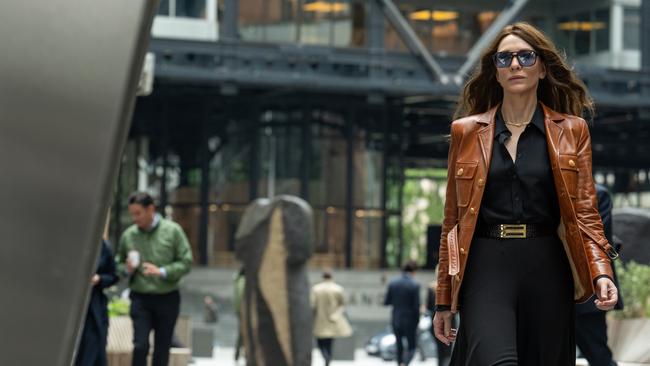
And yes, Soderbergh says, there are themes that go right back to the start of his career. “You can absolutely draw a line,” he says. “It reflects my interest in, basically, what happens when two people are alone in a room. Some directors find that boring, but to me it’s the most interesting thing in the world. That’s where shit happens. Every seismic world event began, on some level, with two people in a room.”
By the time Soderbergh was 26 he had written six unproduced screenplays, worked as a film editor, a composer and a cue-card holder. But in 1989 the hard-grafting film enthusiast from Louisiana’s debut – the hurried, provocative and very talky Sex, Lies, and Videotape – won the Palme d’Or at Cannes and ushered in a new era of independent American cinema (see also Do the Right Thing, Reservoir Dogs, Go Fish).
After a brief excursion into experimental failures (Schizopolis, The Underneath), Soderbergh became a Hollywood player when he won the best director Oscar in 2001, for Traffic. The hoopla was intense but enjoyable, he says. He was “loaded” on double vodkas on the night, not expecting to win. “Then suddenly Tom Cruise is handing me this thing! It was very surreal.”
He adds that the awards season these days has little appeal. “I’ve checked it off the list of amazing life experiences. But the idea of getting on that train every time you’ve got a movie that comes out in the last three months of the year? I have no desire to go through that again.”
Soderbergh has recently developed a debilitating social disorder, he reveals. “One of the things that came out of Covid for me was a weird kind of performance anxiety. If I’m required to perform in any way, or if I’m given remarks that I’m supposed to say, I become really panicked and I freak out. Some part of me has stepped outside and is looking back at me. I’ve come up with a cocktail of beta blockers and different substances to calm myself down, but it’s disorientating. I don’t mind having an excuse to not speak publicly. But it’s just so strange. Like, why now?”
It’s not going to interfere with his breakneck filming schedule, though. Nor is he going to retire. Soderbergh prematurely announced his intention to retire in 2013 (he was going to become a painter), prompting a media storm and a return to work within the year.
“I’m never going to make the mistake of publicly announcing that I’m retiring,” he says. “That was stupid.”
Nonetheless, the fact he is edging towards the age his father was when he died (69) has helped him to reprioritise. “If it is a no, I try to say no quickly. Michael Douglas taught me that. Nobody minds a fast no. And the other thing is, if it’s not a ‘Hell, yeah!’ it’s a no.”
Ageing also makes it harder to be away from his New York home. Although he notes that Trump-era New York has become a pressure-cooker place. “You can feel it when you’re out and about,” he says. “It’s a combination of anxiety and everybody’s fuse being super-short. People are ready to jump! It’s weird.”
He turns to his next film, and the joy of casting McKellen and Coel as sparring partners in a comedy about art forgeries. “It feels fresh to me, and I’m excited. But it’s also just about two people really going at it!”
And then it’s back to Black Bag and the conundrum of luring that elusive grown-up audience. “It’s a chicken and egg thing,” he says. “Are they not coming out because nobody’s making movies for them, or is nobody making movies for them because they’re not coming out?” He laughs and adds: “So I’m very curious to see how this is going to play out. Naturally I’m hoping it’s going to work.”
Black Bag is in cinemas nationally.
The Wall Street Journal

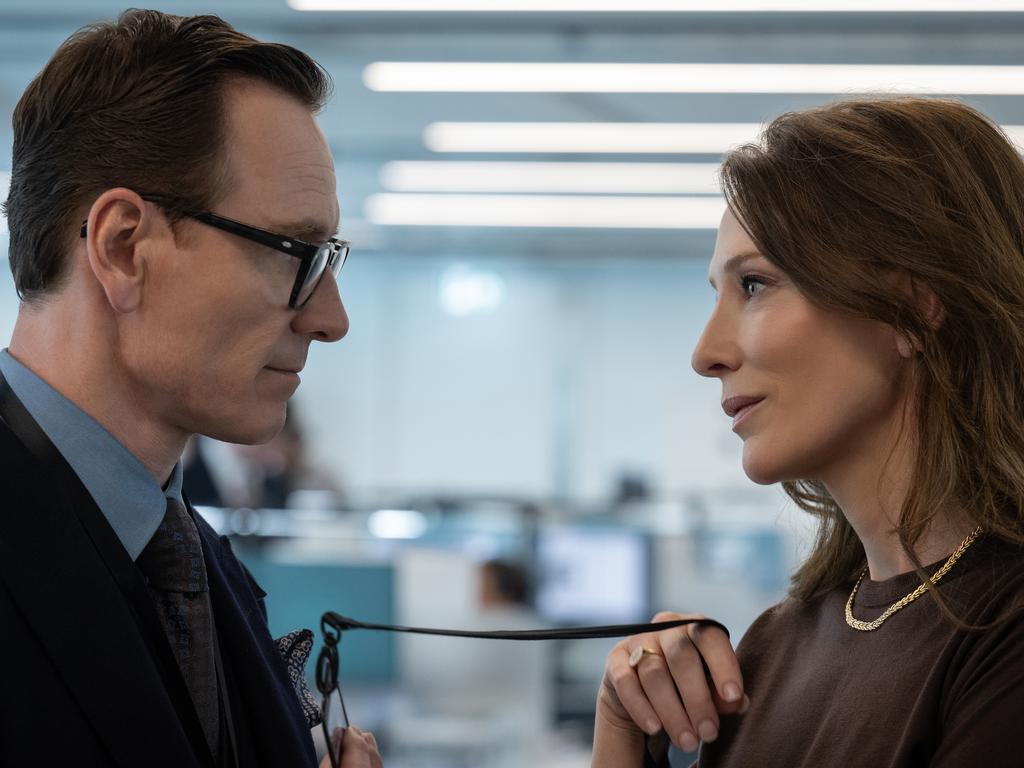

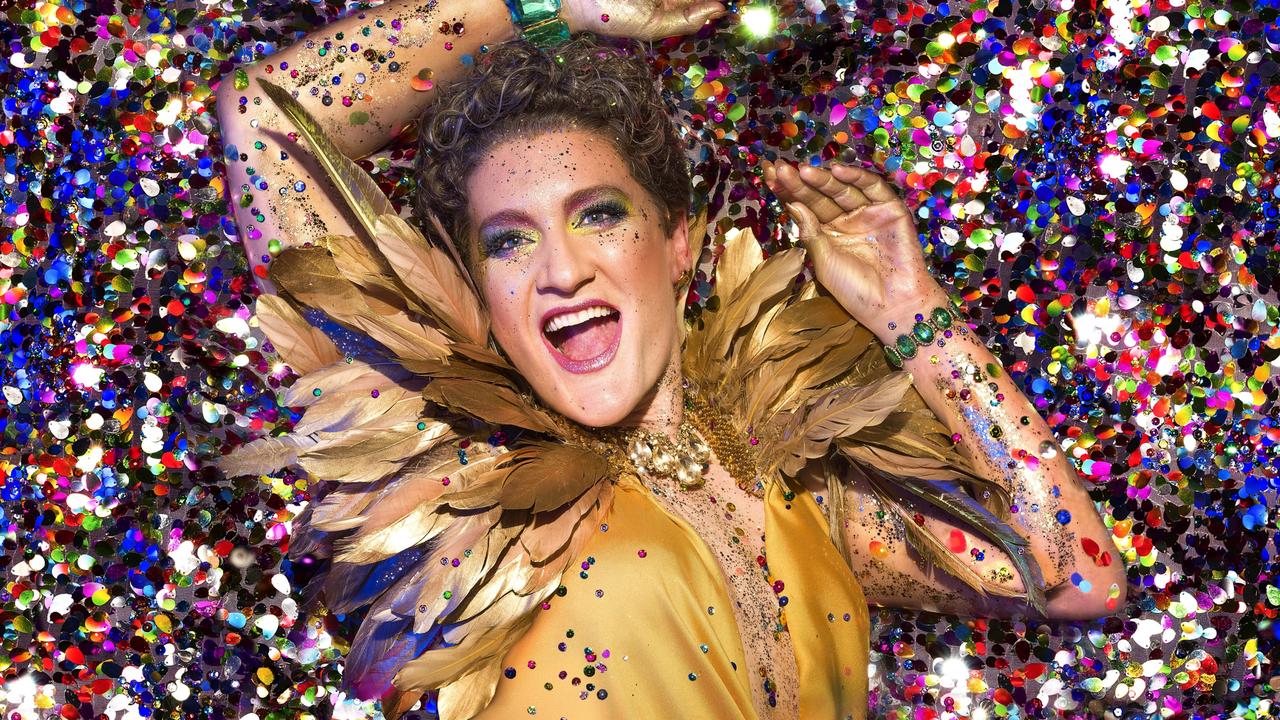
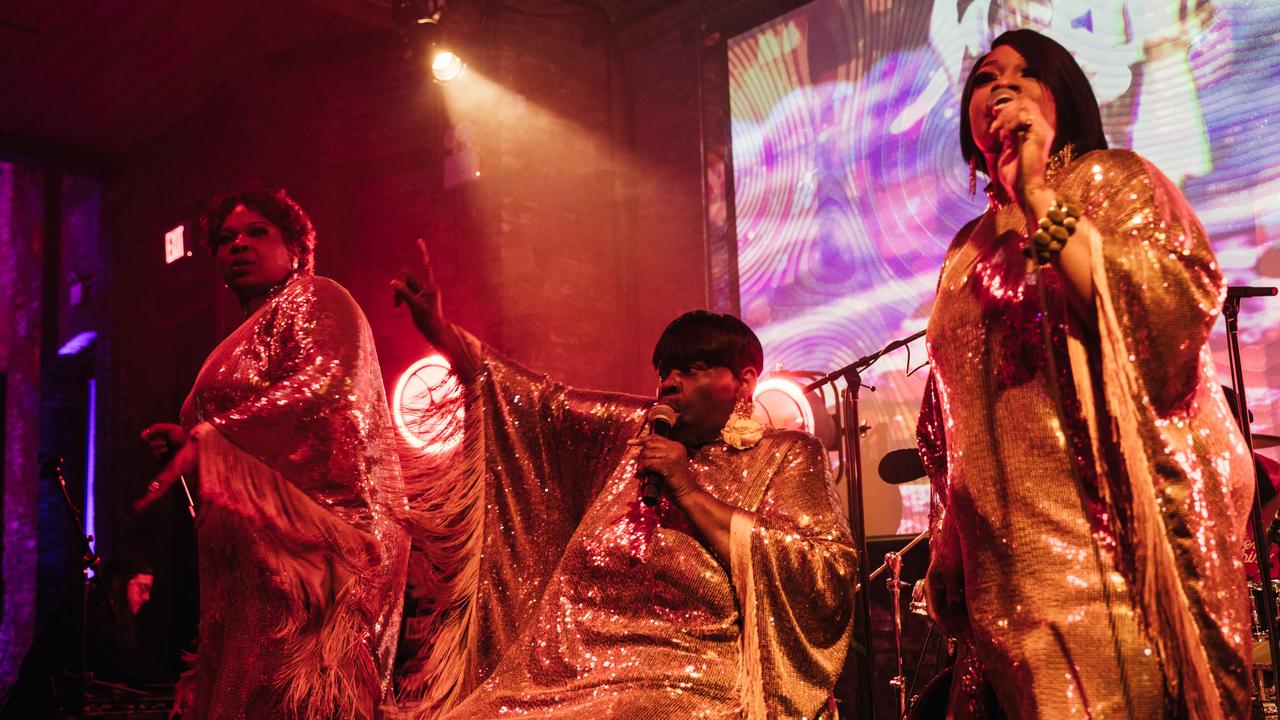
To join the conversation, please log in. Don't have an account? Register
Join the conversation, you are commenting as Logout